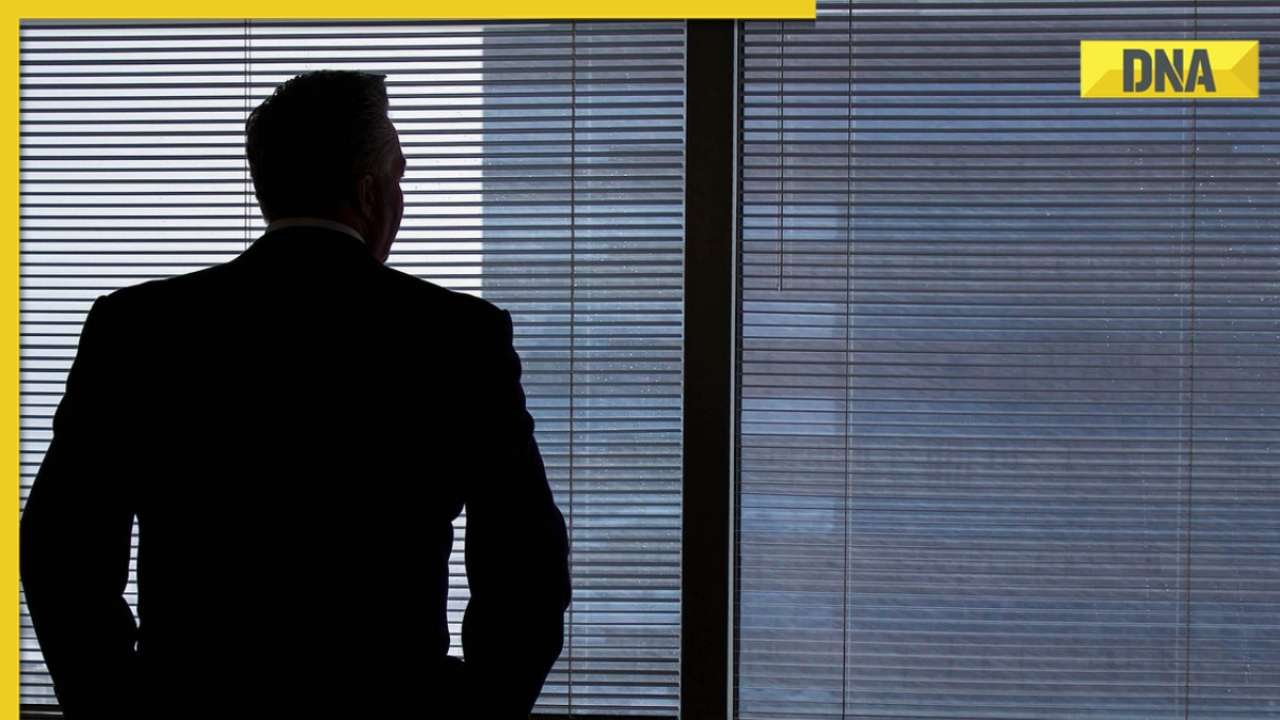
- Select a language for the TTS:
- UK English Female
- UK English Male
- US English Female
- US English Male
- Australian Female
- Australian Male
- Language selected: (auto detect) - EN
Play all audios:
Alastair Campbell made a rousing call for rebellion. He has written on this site proposing that journalists should boycott the daily press briefing. Campbell gives as the reason for his
proposal “the gagging of Chris Whitty and Patrick Vallance”. The mechanism he proposes is a Zoom call of lobby correspondents agreeing to end their participation in the events and that “the
broadcasters will not cover them live.” I would be surprised if the media acquiesced to Campbell’s demands. It would be foolish for them to do so — not least as it would damage their own
interests. I gather the daily briefing from Downing Street attracts over eight million viewers on live TV alone. Millions more watch on catch up or via assorted internet and social media
routes. If Robert Peston, Beth Rigby and others refused to take part, the presentation would still take place. My hunch is that it would attract more viewers. Campbell equates lobby
correspondents to journalists — as if there is no other kind. He also writes as if the lobby was an all-powerful trade union. But if the political correspondents took a break and let the
science correspondents and the health correspondents have a go, then some of us feel these events would be enhanced. That brings us to Campbell’s casus belli. The supposed “gagging” of
Whitty, Chief Medical Officer for England, and Vallance, the Chief Scientific Adviser to the UK Government. It is true that Boris Johnson initially said that he would answer questions about
Dominic Cummings as it was a political matter. But when the journalists persisted, the PM then invited Whitty and Vallance — “by semaphore or whatever” — to express a view. “My desire not to
get drawn into politics is far stronger than that of the Prime Minister,” declared Whitty. Sir Patrick added emphatically: “I’m a civil servant. I don’t want to get involved in politics at
all.” Their tone could not have been clearer. Thus a reference to “gagging” is rather misleading. The way to liberate them would be for them to be asked questions — by all means,
challenging, critical questions — about health and science by journalists who knew what they were talking about. Campbell seems to assume that the lobby would prevent other journalists from
taking part. Also that they could take the daily briefing off the airwaves. It assumes that Laura Kuenssberg would pass on these instructions to the BBC and that the Corporation would meekly
comply. Even if all that was true, my guess is that the briefings would go ahead. Perhaps there would be some more questions from the public. Perhaps some independent experts could be
called in raise concerns. Both could be done without Government vetting or prior knowledge of what would be asked. If it wasn’t shown on the TV we could watch it on YouTube. But in any case,
it is fantasy to put forward a scenario where the lobby enjoys such omnipotence. The reality is that the Lobby is a smug, cliquey little network that has already outlived any purpose it
might once have had. The arrangement allows self-important and idle journalists to be spoon-fed with off the record briefings. Rather than competing to get their own stories and showing a
capacity for independent thought, the Westminster correspondents descend into cosy group think in their special club. The favouritism and cronyism might suit some politicians — it does not
suit the rest of us. In the age of transparency and openness, the murky operation is already struggling. A stunt like boycotting the daily press briefing would probably kill off the lobby
entirely, not least because the high minded claims for such conduct would be seen as near comical hypocrisy. As for the idea that the BBC, as a public service broadcaster, should stop
showing the broadcasts — that would be an even more spectacular own goal. Though I noted earlier that most people would still be able to watch, those TV licence fee payers without the
internet would be justifiably indignant at being denied a chance to follow the latest news and advice during this national emergency. At a time when a declining number are paying the licence
fee and a growing majority feel it should be scrapped, such a decision by the BBC would be, in the Sir Humphrey sense, “courageous.” None of this is to say that current arrangements are
perfect, or that they should be unchanged. It is sensible for the Government to behave reasonably and to be seen to be reasonable. Given that we can have barbeques in our back gardens for
friends then why not have the press briefings in the garden in Downing Street? After all, that was done with Dominic Cummings. But it would be arrogant of the media to demand such
arrangements. We still have a prevailing narrative from our broadcasters of defeatism and of wishing to denigrate and undermine the Government’s efforts. Now is not the time for that. We are
entitled to expect intelligent, constructive questions, which balance challenges over failings by suggesting alternative measures that could be taken. The daily press conferences have
produced some dire contributions from some leading pundits. That makes Campbell’s call on them to exercise a vow of silence tempting. But it would be a misguided distraction at a time when
we need to maintain unity and resolve.







